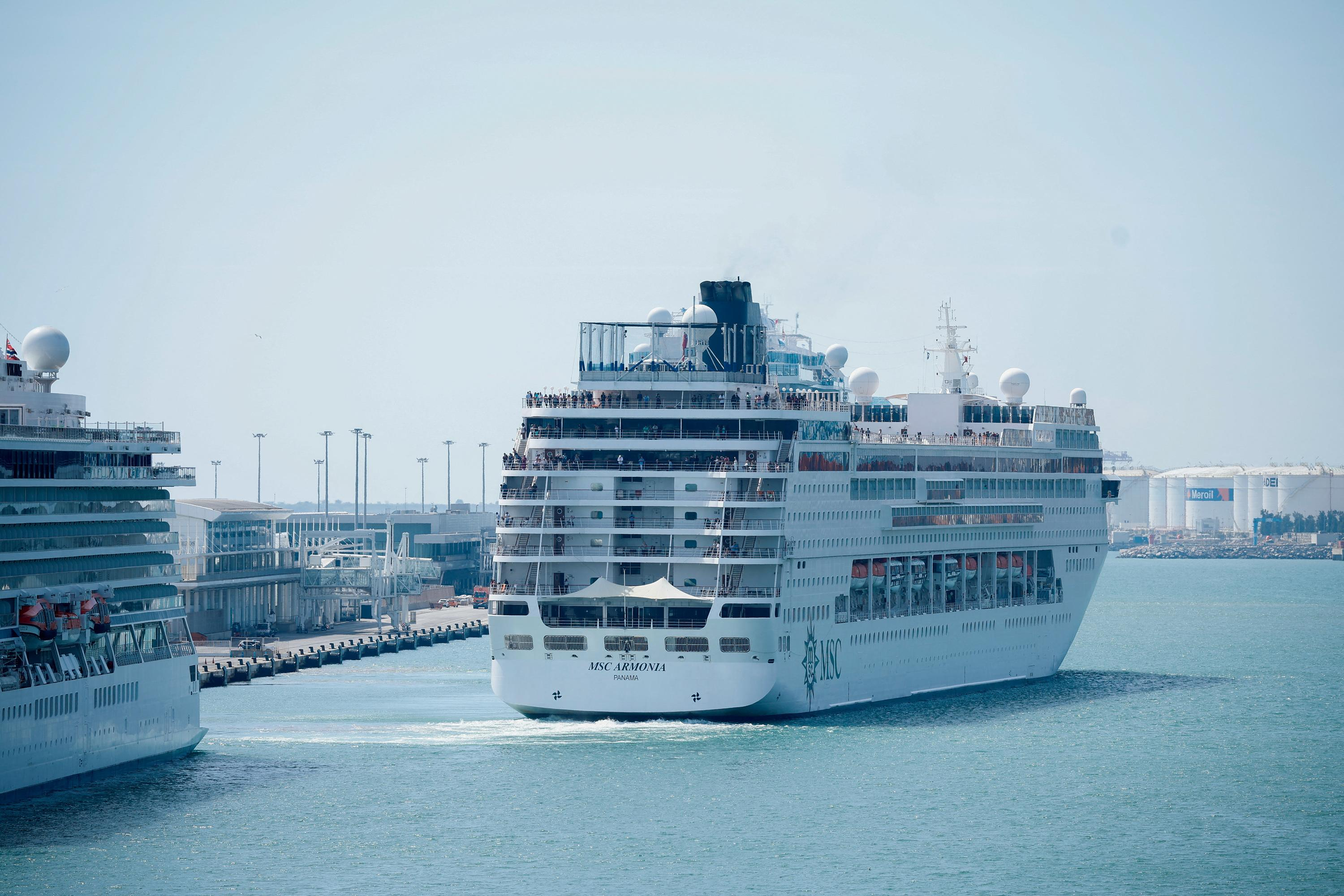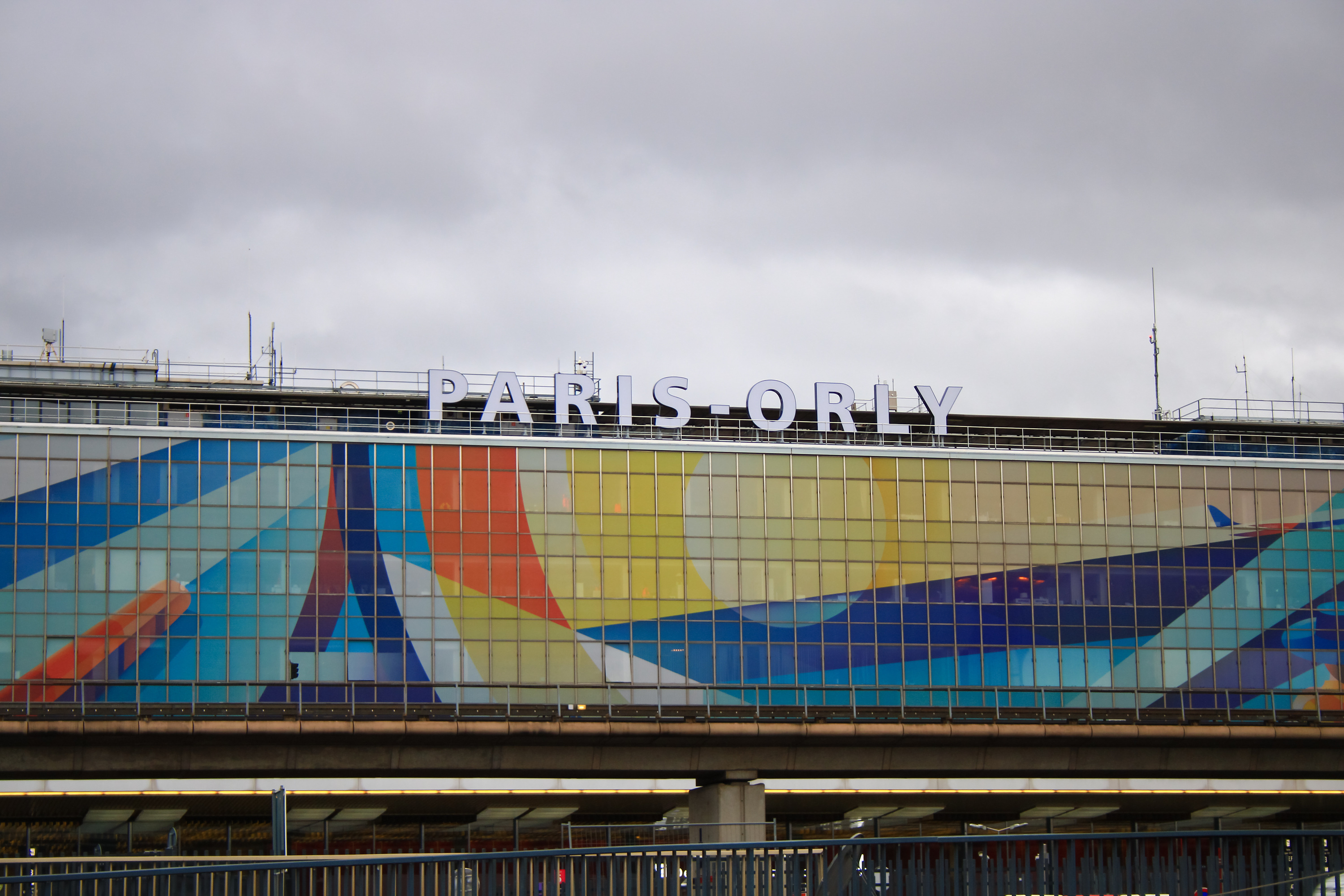The federal government is pushing ahead with the planned reform of citizenship law and will begin next week with departmental coordination on the basis of a draft from the Federal Ministry of the Interior by Nancy Faeser (SPD).
According to this, immigrants should generally be able to obtain a German passport after five years (instead of the current eight); in the case of special commitment, such as learning a language or volunteering, after three years (currently six). In the future, a lack of language skills should less often stand in the way of a wish for naturalization; Further exemptions are planned for cases of hardship and immigrants over the age of 67. The latter should also be exempted from written naturalization tests.
The opposition Union rejects the reform. Her parliamentary director Thorsten Frei (CDU) told WELT: “We only know the plans of the traffic light government from the press. What I'm reading sounds like a 180 degree turnaround in citizenship."
Germany is very attractive for people from abroad who would like to live and work here; this is generally positive, the country needs immigration into the labor market. But: “The traffic light plans seem to me like a devaluation of German citizenship. Since the SPD and Greens are on the wrong track. The government plans are the opposite of what we want. We want people to integrate here and become part of our society. The SPD and the Greens want naturalization without integration efforts.”
According to Frei, he was “very excited” about how the FDP would behave. "My fear is that the FDP will fall over and open the doors to a policy in which we as a country cannot have any interest."
Stephan Thomae, parliamentary director of the FDP parliamentary group, said WELT: “Germany’s economic power and prosperity also depend on whether we succeed in attracting foreign workers to the German labor market in a targeted manner. Therefore, in addition to an immigration law with a points system, we want to enable foreigners who meet certain requirements and want to become part of our society to acquire German citizenship more quickly. Because when someone has integrated well, that is a success that we want to reward and that also helps make Germany more attractive to foreign workers.”
In many other countries such as France and Sweden, the hurdles for naturalization are already significantly lower than in Germany. The Liberals, together with the coalition partners, also wanted to “enable multiple nationalities, because many migrants feel connected to their country of origin”. However, it is "important that dual citizenship is limited to the first and second generation of immigrants, so that it is not passed on forever".
Dirk Wiese, parliamentary deputy of the chancellor's party SPD, praises the simplifications planned by the traffic light in the granting of citizenship. When asked by WELT whether the reform increases the risk that immigrants will become citizens and voters, even though they still identify weakly with Germany but strongly with their country of origin, Wiese said: "The reform of citizenship law is a gain for integration in Germany our country, an acknowledgment of the realities of life and a sign of respect and appreciation for the generation of guest workers who have contributed to our country being so economically successful.”
In addition, dual citizenship is a reality in many countries with modern immigration laws – including in Germany in the first steps since 2007. Wiese is referring to the fact that more than every second naturalization is already renouncing the original citizenship. For example, in the case of EU citizens or refugees and nationals of countries whose legal system does not allow renunciation of their original citizenship, such as Iran.
The AfD, the second largest opposition party, has criticized the traffic light project with harsh words. Her domestic policy spokesman Gottfried Curio said: "If the requirements for language proficiency, basic civic knowledge and the minimum length of stay are reduced further and further, the traffic light will give an incentive for real integration - citizenship - out of hand." According to Curio, "the cold Calculation on groups of new voters captured early but all the more irrelevant play an important role in these plans harmful to Germany".
Janine Wissler, chairwoman of the Left Party, takes a contrasting position: "Facilitating naturalization is an important step that is long overdue in order to enable everyone in this country to participate." and democratic processes excluded”. Anyone who talks about "cheating" on citizenship like CSU regional group leader Alexander Dobrindt stirs up resentment. "The vast majority of Germans didn't 'done' anything for their citizenship, they were given it by birth," says Wissler. The "principle of second-class residents" had to end.
CSU politician Dobrindt had previously told WELT that the traffic light law was "not capable of approval". If the Federal Republic "carelessly grants citizenship at the beginning, integration efforts are not promoted, but in the end you no longer have to make them".
The CSU speaks out against the traffic light government's ideas for the planned reform of citizenship law. Regional group head Alexander Dobrindt says at WELT that German citizenship should not be "squandered".
Source: WORLD
The political scientist Peter Graf Kielmansegg recently criticized further facilitation of naturalization in the "Frankfurter Allgemeine Zeitung". “Citizenship is the most important right that a democratic polity can bestow. The body of responsible citizens is the final authority in the democratic political process. According to the emeritus professor, “every momentous change in citizenship law is a redefinition of the democratic sovereignty”.
Contrary to what is often claimed by politicians, it is already not mandatory to prove that you can secure your own livelihood today; there are also exceptions for hardship cases in the language tests. The reform package with the further simplifications should be decided in the Bundestag by Easter.
"Kick-off Politics" is WELT's daily news podcast. The most important topic analyzed by WELT editors and the dates of the day. Subscribe to the podcast on Spotify, Apple Podcasts, Amazon Music or directly via RSS feed.

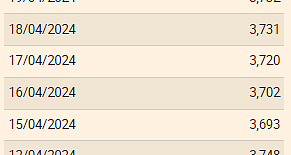 The Euribor today remains at 3.734%
The Euribor today remains at 3.734% Germany: the trial of an AfD leader, accused of chanting a Nazi slogan, resumes this Tuesday
Germany: the trial of an AfD leader, accused of chanting a Nazi slogan, resumes this Tuesday New York: at Columbia University, the anti-Semitic drift of pro-Palestinian demonstrations
New York: at Columbia University, the anti-Semitic drift of pro-Palestinian demonstrations What is Akila, the mission in which the Charles de Gaulle is participating under NATO command?
What is Akila, the mission in which the Charles de Gaulle is participating under NATO command? What High Blood Pressure Does to Your Body (And Why It Should Be Treated)
What High Blood Pressure Does to Your Body (And Why It Should Be Treated) Vaccination in France has progressed in 2023, rejoices Public Health France
Vaccination in France has progressed in 2023, rejoices Public Health France Food additives suspected of promoting cardiovascular diseases
Food additives suspected of promoting cardiovascular diseases “Even morphine doesn’t work”: Léane, 17, victim of the adverse effects of an antibiotic
“Even morphine doesn’t work”: Léane, 17, victim of the adverse effects of an antibiotic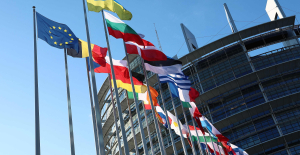 MEPs validate reform of EU budgetary rules
MEPs validate reform of EU budgetary rules “Public Transport Paris 2024”, the application for Olympic Games spectators, is available
“Public Transport Paris 2024”, the application for Olympic Games spectators, is available Spotify goes green in the first quarter and sees its number of paying subscribers increase
Spotify goes green in the first quarter and sees its number of paying subscribers increase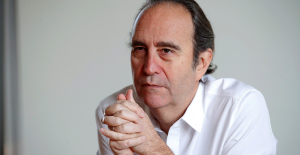 Xavier Niel finalizes the sale of his shares in the Le Monde group to an independent fund
Xavier Niel finalizes the sale of his shares in the Le Monde group to an independent fund Owner of Blondie and Shakira catalogs in favor of $1.5 billion offer
Owner of Blondie and Shakira catalogs in favor of $1.5 billion offer Cher et Ozzy Osbourne rejoignent le Rock and Roll Hall of Fame
Cher et Ozzy Osbourne rejoignent le Rock and Roll Hall of Fame Three months before the Olympic Games, festivals and concert halls fear paying the price
Three months before the Olympic Games, festivals and concert halls fear paying the price With Brigitte Macron, Aya Nakamura sows new clues about her participation in the Olympics
With Brigitte Macron, Aya Nakamura sows new clues about her participation in the Olympics Skoda Kodiaq 2024: a 'beast' plug-in hybrid SUV
Skoda Kodiaq 2024: a 'beast' plug-in hybrid SUV Tesla launches a new Model Y with 600 km of autonomy at a "more accessible price"
Tesla launches a new Model Y with 600 km of autonomy at a "more accessible price" The 10 best-selling cars in March 2024 in Spain: sales fall due to Easter
The 10 best-selling cars in March 2024 in Spain: sales fall due to Easter A private jet company buys more than 100 flying cars
A private jet company buys more than 100 flying cars This is how housing prices have changed in Spain in the last decade
This is how housing prices have changed in Spain in the last decade The home mortgage firm drops 10% in January and interest soars to 3.46%
The home mortgage firm drops 10% in January and interest soars to 3.46% The jewel of the Rocío de Nagüeles urbanization: a dream villa in Marbella
The jewel of the Rocío de Nagüeles urbanization: a dream villa in Marbella Rental prices grow by 7.3% in February: where does it go up and where does it go down?
Rental prices grow by 7.3% in February: where does it go up and where does it go down? Europeans: “All those who claim that we don’t need Europe are liars”, criticizes Bayrou
Europeans: “All those who claim that we don’t need Europe are liars”, criticizes Bayrou With the promise of a “real burst of authority”, Gabriel Attal provokes the ire of the opposition
With the promise of a “real burst of authority”, Gabriel Attal provokes the ire of the opposition Europeans: the schedule of debates to follow between now and June 9
Europeans: the schedule of debates to follow between now and June 9 Europeans: “In France, there is a left and there is a right,” assures Bellamy
Europeans: “In France, there is a left and there is a right,” assures Bellamy These French cities that will boycott the World Cup in Qatar
These French cities that will boycott the World Cup in Qatar Serie A: Bologna surprises AS Rome in the race for the C1
Serie A: Bologna surprises AS Rome in the race for the C1 Serie A: Marcus Thuram king of Italy, end of the debate for the position of number 9 with the Blues?
Serie A: Marcus Thuram king of Italy, end of the debate for the position of number 9 with the Blues? Milan AC-Inter Milan: Thuram and Pavard impeccable, Hernandez helpless… The tops and flops of the derby
Milan AC-Inter Milan: Thuram and Pavard impeccable, Hernandez helpless… The tops and flops of the derby Ligue 2: Auxerre leader, Bordeaux in crisis, play-offs... 5 questions about an exciting end of the season
Ligue 2: Auxerre leader, Bordeaux in crisis, play-offs... 5 questions about an exciting end of the season




